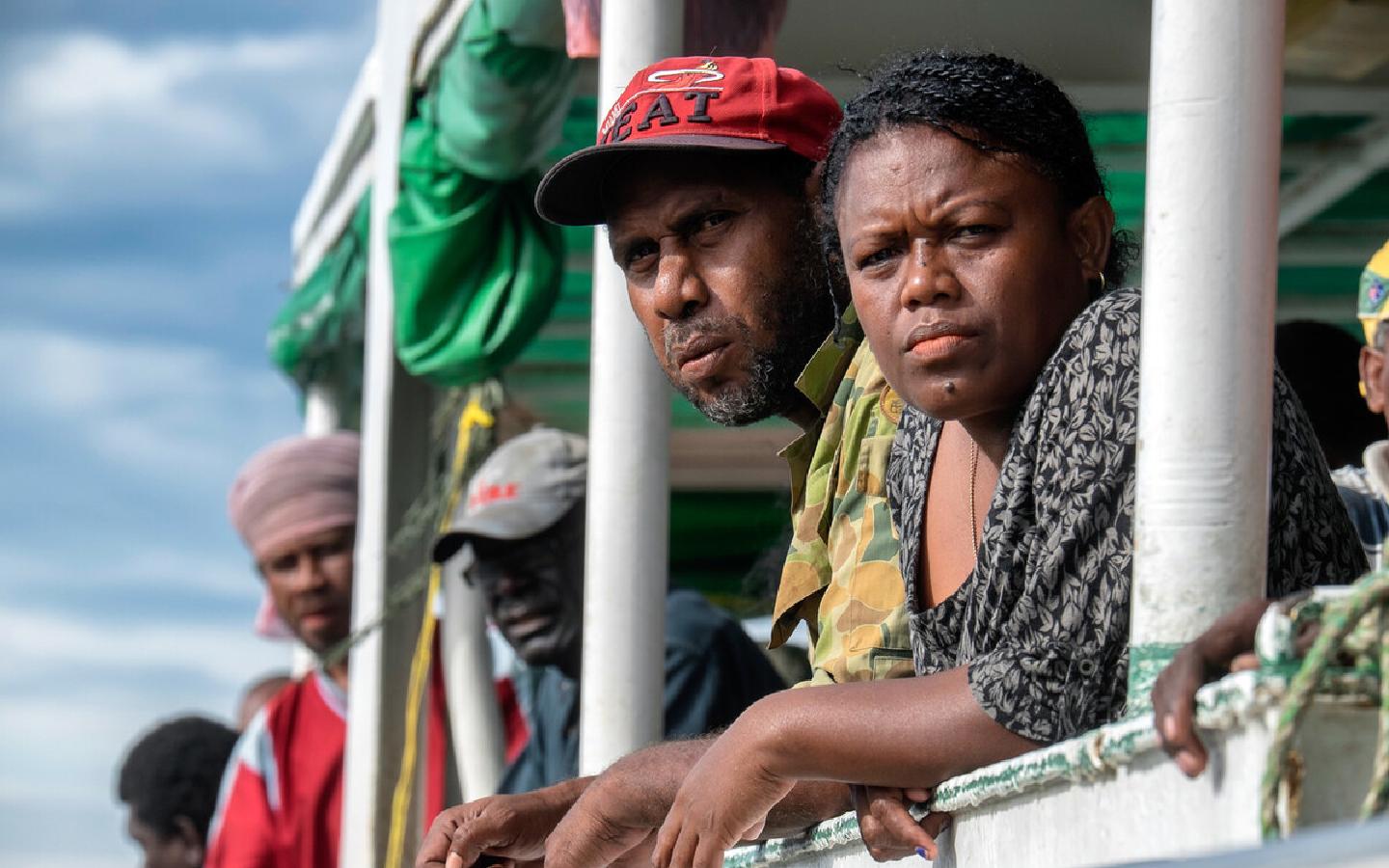Reforming Solomon Islands’ tax system will make it fairer and more efficient, helping the country fund poverty reduction projects, boost economic growth, and improve people’s lives.
Tax Reforms in Solomon Islands
After the civil conflict that ended in the early 2000s, the economy of Solomon Islands has steadily grown and, in recent years, poverty has declined. Despite this, as a fragile and conflict-affected small island developing state, the country’s economic growth on a per capita basis has been slow due to the fast-increasing population. A small economy with a narrow economic base, the government depends on exports, which represent 42% of its gross domestic product as of 2019.
Under the Solomon Islands National Development Strategy 2016–2035, the government wants to improve social and economic livelihoods through inclusive economic growth. The government needs to mobilize more sustainable revenues from domestic sources to achieve this goal.
Reforming the country’s tax system is a prerequisite to this goal.
The government recognizes that new sources of growth need to be identified to broaden the economy’s productive base and support the economy as it recovers from the economic contraction caused by the COVID-19 pandemic.
A broad-based tax system that encourages productive investments is particularly important in the post-pandemic era as the government seeks higher levels of investment to support economic growth.
In late 2017, the government initiated a comprehensive review of its tax framework to simplify tax arrangements and broaden the tax base. This initiative resulted in new legislation expected to be enacted progressively from the end of 2021 until 2027.
A bill to introduce a value-added tax (VAT) has been presented to Parliament and is expected to be considered in 2024. The introduction of VAT will be a substantial change that will require the business community to comply with new obligations and reporting requirements.
Moreover, the tax system disincentivizes women’s participation in the formal economy. Based on anecdotal evidence, many women small business owners find dealing with the Inland Revenue Division (IRD) difficult, time consuming, with little understanding of the implications and benefits of being part of the tax system. The IRD does not collect sex-disaggregated data, and therefore needs greater understanding of the needs of formal and informal women entrepreneurs.
Partners Help Improve Tax Management
To help Solomon Islands improve tax administration and domestic resource mobilization, the Domestic Resource Mobilization Project was approved with grants from Australia, New Zealand, and ADB’s Asian Development Fund (ADF). The ADF is the largest special fund of ADB and provides grants to ADB’s poorest and most vulnerable countries, including Solomon Islands. It is replenished every four years by the ADF’s donor countries.
The project’s focus on improved public sector management aligns with ADB’s priority to strengthen governance and institutional capacity in the developing member countries (DMCs) and accelerate progress in gender equality. Supporting tax reform is crucial to ADB’s approach in the Pacific.
“This approach helps prepare the DMCs to respond to shocks by strengthening domestic revenues and increasing the efficiency of a broad-based tax system that encourages productive investments,” said Matthew Hodge, project officer.
Effective and Inclusive Tax System
Ultimately, the project will help put Solomon Islands on the path of sustained and inclusive economic growth by making funds available for health, education, and social protection.
The planned reforms will deliver more efficiency, increased capacity of the Inland Revenue Division (IRD) to transition to a new tax framework, organizational improvements and staff training, a new tax administration information system, and a public outreach program to ensure taxpayer awareness and compliance.
Moreover, the project will conduct a gender-responsive public information campaign on the tax system, including the value-added tax. Sex-disaggregated surveys at the beginning and end of the project will also assess if taxpayers have had improved experiences with the IRD. Greater understanding among taxpayers of their obligations will lead to higher levels of domestic resource mobilization.
"This approach helps prepare the DMCs to respond to shocks by strengthening domestic revenues and increasing the efficiency of a broad-based tax system that encourages productive investments."
~ Matthew W. Hodge, ADB principal public management specialist
Share

